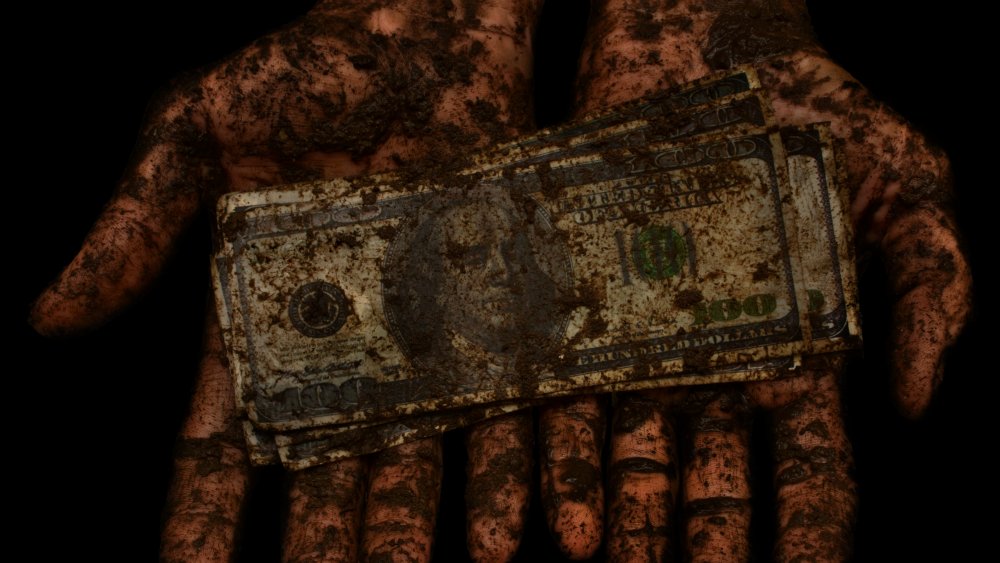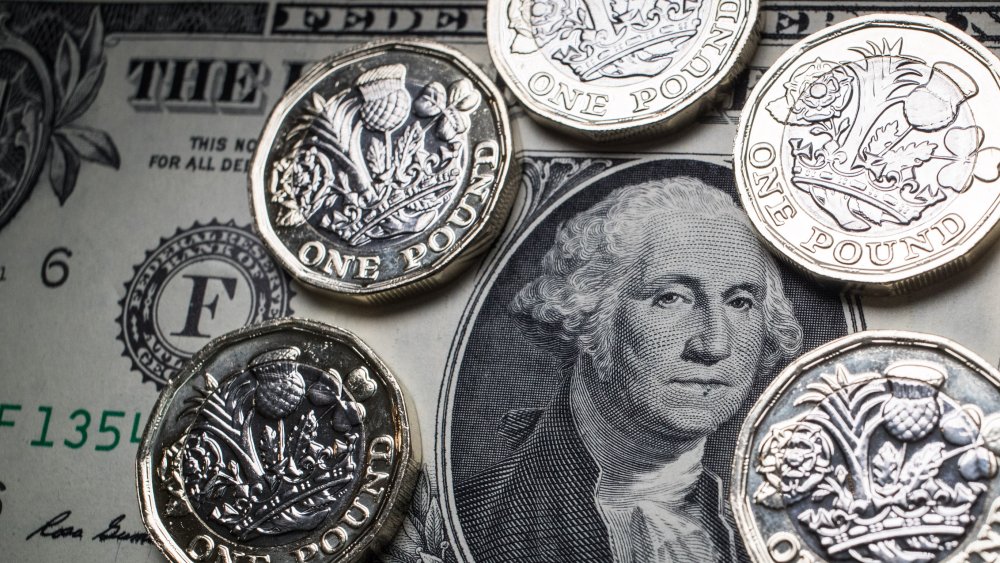How Dirty Your Money Really Is
"No," shouts the archetypal bright-eyed protagonist, throwing a pile of bills in the face of the wealthy, cynical oil tycoon hoping to bulldoze the local animal shelter. "I don't want your dirty money." It's not just a moment of peace when the screenwriter got to sort of set their keyboard to cruise control, it's also a punctuating instance of moral superiority. Good for you, faceless protagonist.
Unfortunately for fictional optimists, real-life self-starters, and the Pope, it turns out that there's no such thing as clean money. At least not microbially.
Can you smell what the Rock is pulling before taxes?
According to a study published in 2017 by Plos One, you might as well be paying for your lunch with your unwashed gym boxers, since that's basically what you're rubbing your hands all over every time you pull a dollar out of your wallet.
Maybe that's an overreaction, but the grounded truth isn't exactly pleasant. It turns out that American dollar bills are kind of an ideal environment for little baby microbes to grow up big and strong. For one thing, they're made out of cotton and linen, so they're cozy. That also makes them porous, which is one of those adjectives that bacteria seem to love.
Small pockets of microbes and weird organisms build up in the crevices of the bills, and they're spurred along by the dark, warm places where we keep our sweet duckets: a cash register, a purse, or a damp back pocket. A damp back pocket. Ladies and gentlemen, for your consideration, the worst three-word combination in the history of the English language: a damp back pocket.
Researchers studied a series of dollar bills gathered from around New York City and found "a diverse monetary microbiome including prokaryotes, eukaryotes, archaea, and viruses." For a more pedestrian interpretation of these findings, check out Market Watch, which reports that 80% of dollar bills contained traces of cocaine and 94% had just a hint of poop.
To sum up: wash your hands, and if possible, launder your money.

